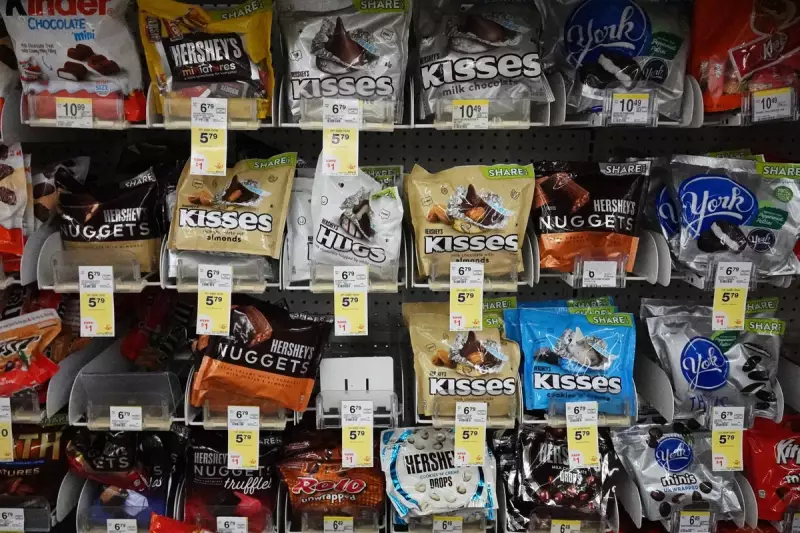
In a dramatic shift that's shaking the confectionery world, Skittles - the iconic rainbow-coloured sweets - are facing an unprecedented consumer rebellion led by Generation Z. What began as social media murmurs has exploded into a full-scale boycott movement targeting the popular treats.
The TikTok Generation Takes Aim
Across platforms like TikTok and Instagram, young consumers are mobilising against Skittles manufacturer Mars Wrigley, citing serious health and environmental concerns. The movement has gained remarkable traction, with viral videos highlighting the candy's controversial ingredients reaching millions of viewers.
What's Really in Your Rainbow?
At the heart of the controversy lies titanium dioxide (E171), a whitening agent used in Skittles' colourful coating. Despite being approved for use in the UK and US, the additive faces increasing scrutiny from health advocates and regulatory bodies.
The European Food Safety Authority recently declared titanium dioxide "no longer considered safe" as a food additive, leading to its ban across the European Union. This decision has fuelled the growing consumer anxiety about the ingredient's potential health impacts.
Environmental Concerns Add Fuel to the Fire
Beyond health worries, environmental activists have targeted Skittles for their packaging sustainability. The colourful wrappers, while iconic, contribute to plastic waste that persists in ecosystems for generations.
"We're seeing a perfect storm of health consciousness and environmental awareness among young consumers," explains food industry analyst Sarah Jenkins. "They're not just reading labels - they're researching ingredients and holding companies accountable in ways we've never seen before."
Mars Wrigley's Response
The confectionery giant maintains that Skittles are perfectly safe, stating they "comply with all FDA and other regulatory requirements." However, the company faces mounting pressure to reformulate their recipes and address packaging concerns as the boycott gains momentum.
This consumer uprising represents more than just a temporary trend - it signals a fundamental shift in how younger generations interact with food brands and demand transparency from multinational corporations.





